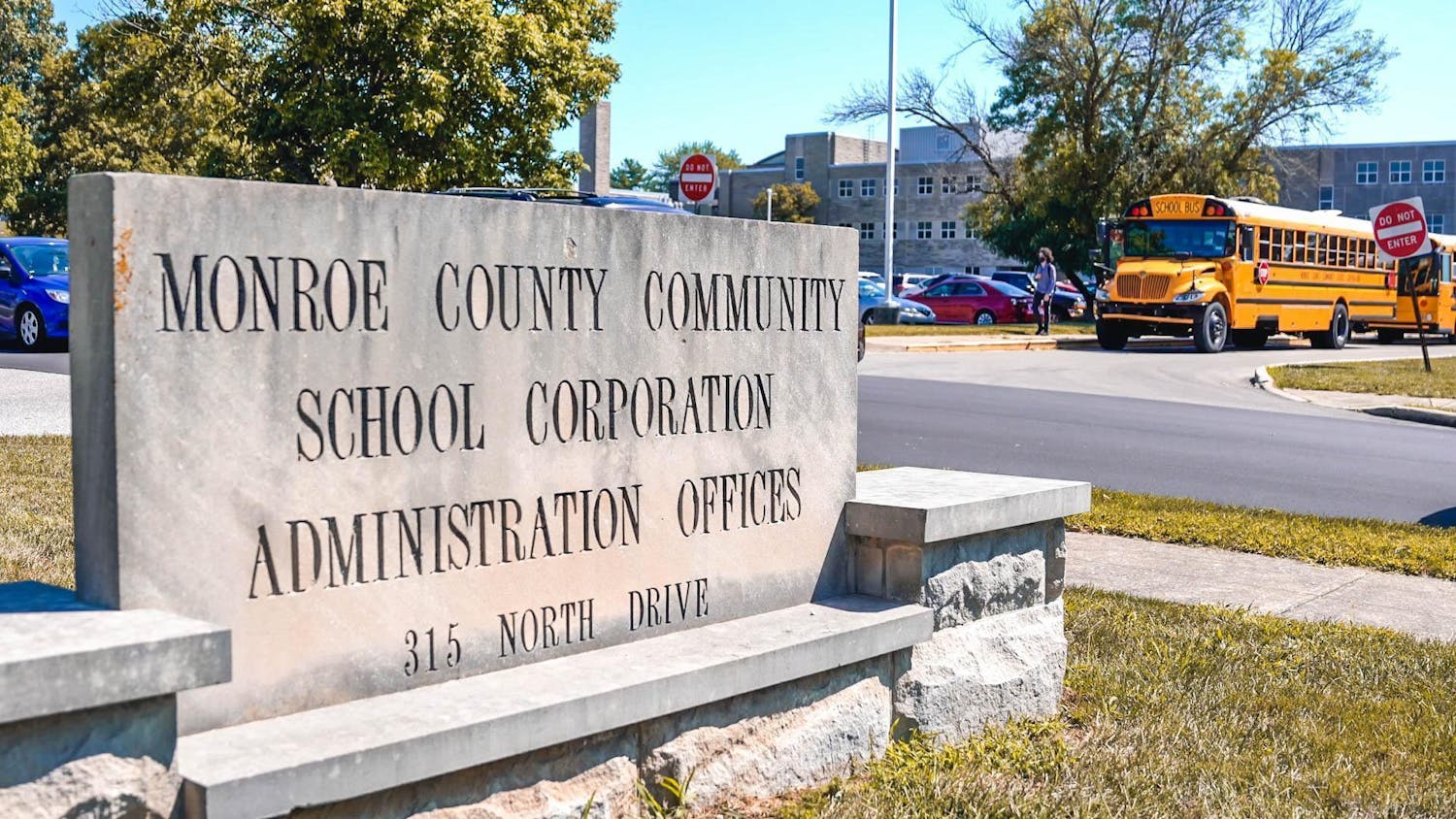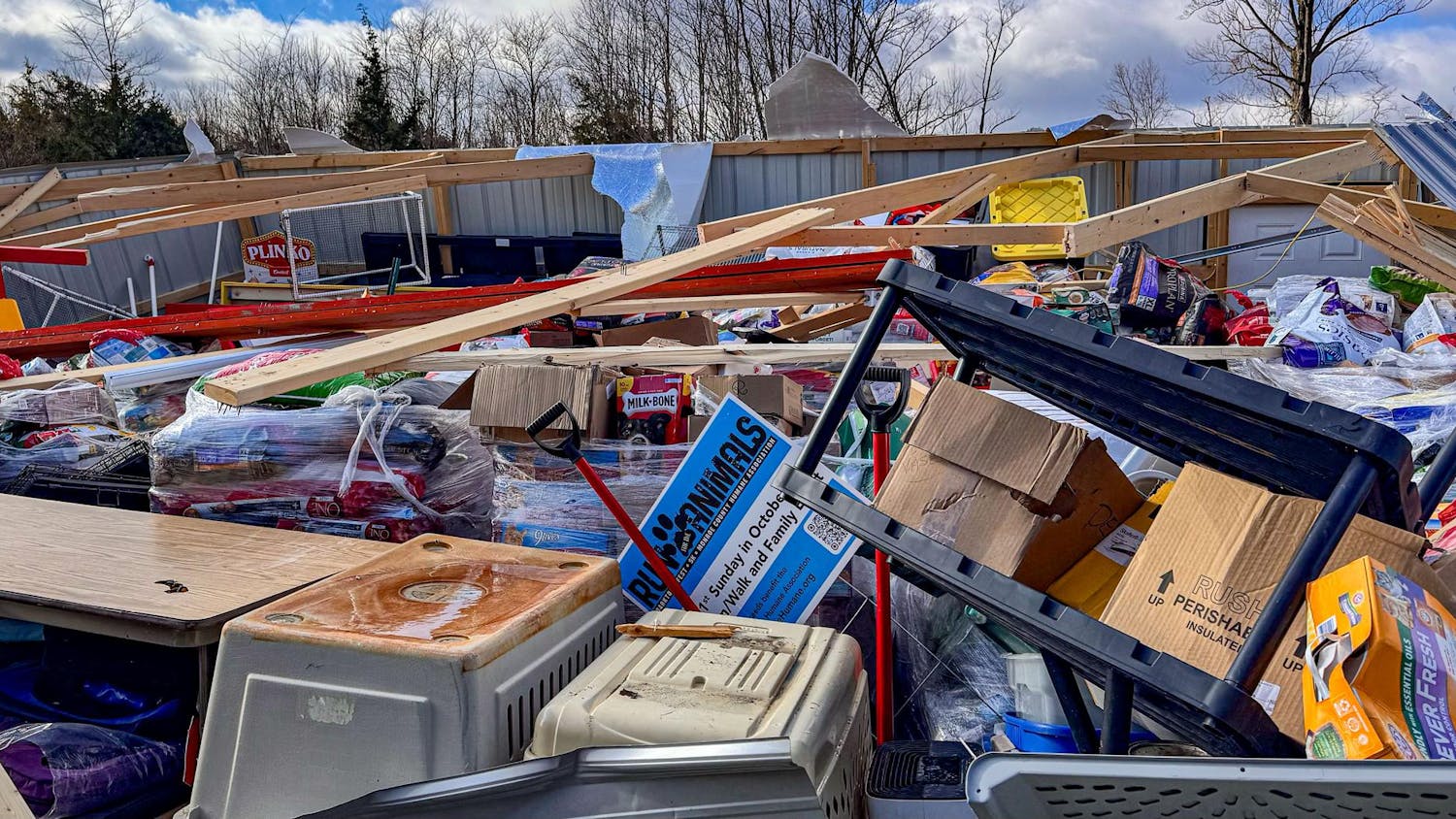Venezuelans are in the middle of a political and economic crisis where basic necessities are scarce and the governmental abuse of power is commonplace. Although it can be difficult to imagine the United States in such a dire situation as Venezuela’s, IU research associate Luis Hernandez said the two countries have traveled similar paths.
“A lot of what has happened with Venezuela’s government is happening right now under the Trump administration,” he said.
Hernandez, originally from Venezuela, spoke to students at La Casa Latino Cultural Center on Tuesday and gave a rundown on the economic and political crises in his home country.
The current hardships that Venezuela is enduring can be dated back to its history when Hugo Chavez was president, Hernandez said.
After Chavez was released from jail for attempting a violent coup, he was elected president in 1998. From there, he began to attempt to take control over the National Assembly, the legislative body in Venezuela. He made international agreements only with certain countries and alienated others. He began to accuse the newspaper, TV and radio outlets of providing false information about him.
“When you think about it, you realize that the situation in Venezuela isn’t too far off from what’s going on here,” Hernandez said.
Later, Hernandez added the intention of his talk was not to draw parallels between the situations in Venezuela and the U.S., Hernandez said in an email to the IDS on Nov. 8. He clarified the situation in Venezuela is much different than here, as Venezuelans face the imprisonment of political leaders and extreme inflation.
Although he has been involved with IU since he was a student here, Hernandez still has close connections to the country.
“I am not a historian or an economist, but I know Venezuela well,” he said. “I have family there, so whatever happens there has a great impact on my loved ones and myself.”
In addition to extreme inflation, Venezuela’s crime rate is among the top five in the world, he said. Those living within the country are experiencing food shortages and lack of access to basic necessities and medications.
According to Hernandez’s research, there have been 163 deaths, 15,000 injuries and 4,848 arrests due to protests within the country since the most recent presidential election in 2013.
Freshman Julia Ares said that after the presentation, she felt sorry about all of the hardship in Venezuela, especially with the potential that the U.S. could eventually experience the same issues.
“I’m just horrified at all that’s going on,” she said. “It’s scary to think that this is actually happening somewhere.”
While Venezuela’s prospects can seem bleak after looking at the facts, Hernandez said, there are ways students at IU can help.
First, he encouraged all of the students to call their senators to support a proposal to block assets of Venezuelan government officials. This would give back the resources that the Venezuelan people would need to live.
Next, he asked all students to share videos and articles about the crises in Venezuela on their social media. Simply being aware of the issues at hand is the most important part, he said.
“Sometimes it’s easy to miss what’s going on in other countries with all that’s going on here, but we can’t just ignore it,” he said.
Ares agreed with Hernandez and said she will make sure to try and raise awareness of the issues of other countries in the future.
“How are we going to fix anything if we don’t even know about it?” she asked.
Clarification: The Nov. 7 version of this article referred to Luis Hernandez as a professor, as stated on his talk's Facebook event page. Hernandez is a research associate. Hernandez also clarified his stance on the parallels between the U.S. and Venezuela in an email to the IDS, which was added to this article.




